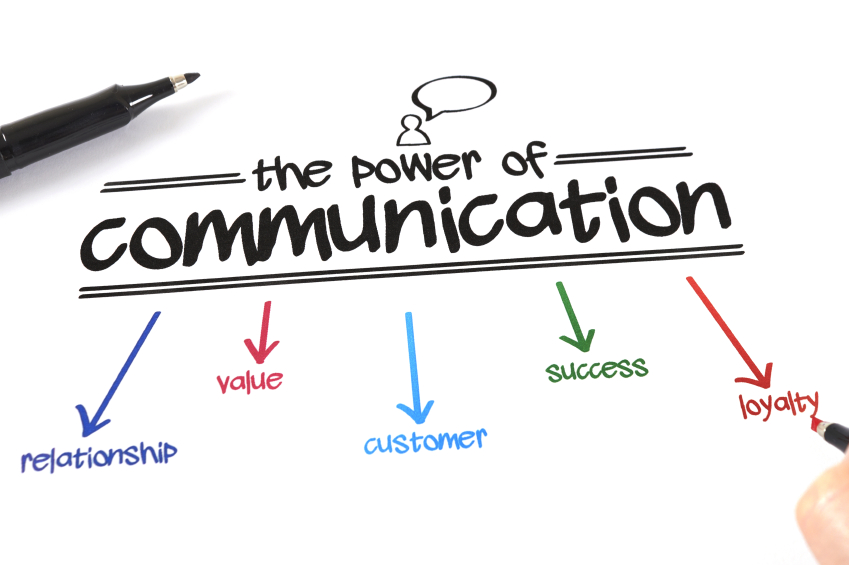A blast from the past. "Presence" is about putting your best self forward at every opportunity. The ebook of Amy Cuddy's book "Presence" is currently on sale for just $1.99 at Amazon.com or Amazon.ca.
My 2015 interview with Amy Cuddy, from the Financial Post:
How adopting Wonder Woman's power pose might change the outcome of a meeting, or even your destiny
Harvard professor Amy Cuddy’s message is simple: 'Our bodies change our minds. Our minds change our behaviour. And our behaviour changes our outcomes'
If you go into a crucial meeting slumping like a student who didn’t do his homework, you’ve set yourself up for a fall. But if you change your body language, you may change the outcome, even your destiny.
That’s the promise of Presence: Bringing Your Boldest Self to Your Biggest Challenges, a recent book, and theory, from Amy Cuddy, a social psychologist at Harvard Business School who suddenly found herself a body-language guru. You may be one of the 38 million people who watched Cuddy’s 2012 TED Talk, in which she gains strength and stature simply by standing tall, hands on hips, like Wonder Woman. Cuddy’s message is refreshingly simple: “Our bodies change our minds. Our minds change our behaviour. And our behaviour changes our outcomes.”

Cuddy urges everyone to maximize their presence by consciously recalling their best, most charismatic self. “Most people have in their minds an idea of who they are at their best,” she says. “It’s usually a combination of feeling powerful and generous. But often, they don’t know how to get back to that self when they need it. And as they get fearful, they get further away from their best self.”
Cuddy’s solution: “As you develop presence, you get closer and closer to being who you are, and you’re not afraid that a rejection is going to knock you down forever.”
For Cuddy, “presence” is more than the mindfulness, or self-awareness, people strive to find today. It’s feeling present and powerful. As she writes in her book, “Presence is the state of being attuned to and able to comfortably express our true thoughts, feelings, value and potential.”
Cuddy has researched body-language literature and conducted experiments to discover that good posture — whether you simply sit up straighter, or adopt Wonder Woman’s power pose — changes the chemical balance in your body. Leaning back, stretching out your arms and legs, extending your body so you take up more space, all reduce your level of cortisol, the “stress hormone” that puts you on edge and prepares you for “fight or flight.” At the same time, Cuddy says, posing raises your level of testosterone, the “assertiveness hormone” that develops strength and is associated with dominance behaviours.
So, raise your arms to the sky, like a victorious sprinter or Sidney Crosby scoring the golden goal in the Vancouver Olympics. If you can’t dance around your prospect’s office to release your best self, sit up and take slow, thoughtful breaths (in yoga, they’re called “victory breaths”). Sing, even to yourself. Puff out your chest. Uncross your legs. Stop touching your neck, hiding your face, or otherwise trying to look small. Lean back. Adopt the poses and postures of powerful people.
Cuddy began studying presence after encountering research results from videos of entrepreneurs pitching for venture capital. The evidence indicated that the winners from among 185 presenters were the entrepreneurs with the most authentic levels of confidence and enthusiasm — not the ones with the best pitch or value proposition.
But as Cuddy has since learned, being “present” also helps you hear your own voice and rediscover your purpose.
Although her book hit No. 3 on the New York Times best-seller list, and her “presence” exercises are being adopted by companies, sales departments and sports teams, Cuddy says she doesn’t want her work to become a business. Having just stepped off the tenure track at Harvard Business School, her interest now is in starting a research centre, and working not with CEOs and entrepreneurs, but more marginalized communities (such as abused women, homeless people, prison inmates) who have even greater need to retrieve their past, best selves.
“I don’t want this to be part of an app,” Cuddy says. “It’s a process, not a product.”
Rick Spence is a writer, consultant and speaker specializing in entrepreneurship.






